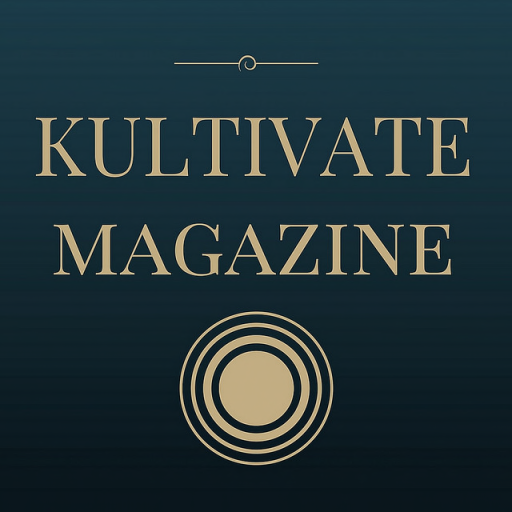It is not uncommon for a real-life (RL) academic institution to innovate in education and how education is delivered. In fact, the COVID-19 outbreak that took the world by storm in March 2020 forced schools and other entities that function through face-to-face interactions into a reconfigured space of engagement, peer-to-peer, and business-to-customer. However, before the Pandemic, universities saw potential in Secondlife as the perfect vehicle to disseminate knowledge, even if it were and still is unusual. Look through the list of Secondlife's various destinations under education. You will see universities like Stanford, North Carolina State, and the University of South Florida, to name a few, listed there. However, the one that sticks out the most due to its relative 'newness' is the Brooklyn Law School, which has joined the bandwagon of education leaders at the forefront of digital learning.
Because of Secondlife's unique nature, many see this multiverse as prime real estate to replica, to some degree, the academic experience schools provide to their students offline. Linden Labs, the entity behind Secondlife, has created a safe space for creatives and others that utilize Intellectual Property (IP) as its currency, thereby making it safe for schools and non-profits to enter the virtual world and establish an extension of their services, according to edutopia.org.
For this reason, many SecondLife residents are granted access to educational information where there is none available or the opportunity to continue their education uninterrupted through an immersive adventure that allows the user to learn and do so in a unique way that draws their focus. The Brooklyn Law school identified this experience and decided to dive headfirst into the space.
As with many academic institutions, this started with the emergence of the Pandemic. The students could not come to attend in-person law classes, so Joy, the law professor behind the launch of the virtual campus in late 2020, was struck with a genius idea---bring the experience of the classroom to the virtual world. This move to virtually enhance the learning experience of her law class gave her students and, soon, many others the opportunity to learn in a novel manner and partake in the socialization that SecondLife is renowned for.
Soon, the virtual iteration of the Brooklyn Law School started to garner media attention from various universities across the globe for the innovative approach to the pedagogy of the law. Joy stated that many schools reached out to learn more about how. The answer is simple: replicate the natural world experience in SecondLife, which, as we all know, is not in the least bit impossible. For the law school, this means inviting professionals in the realm of the law to deliver lectures in-world, foster the space of learning and peer-to-peer engagement, and intently focus on the effects of immersion---a phenomenon frequently mentioned throughout the conversation.
However, as Joy mentioned, the students were initially apprehensive because learning a subject as intense and involved as the law seemed impossible in a digital space like SecondLife. Nevertheless, students soon learned that his fear was unwarranted. The learning experience in the metaverse can be just as enriching as learning in the physical world, if not more, because of the boundless means of expression and interactivity that Zoom, the original learning vehicle for Joy's students, could not provide.
When asked if the school is open to general residents, Joy declared that at the moment, no, it is designed for pupils of the Brooklyn Law School only; however, this is only for the moment.
To learn more about the virtual rendition of the Brooklyn Law School, you can visit:
An account is required to view the content.























































